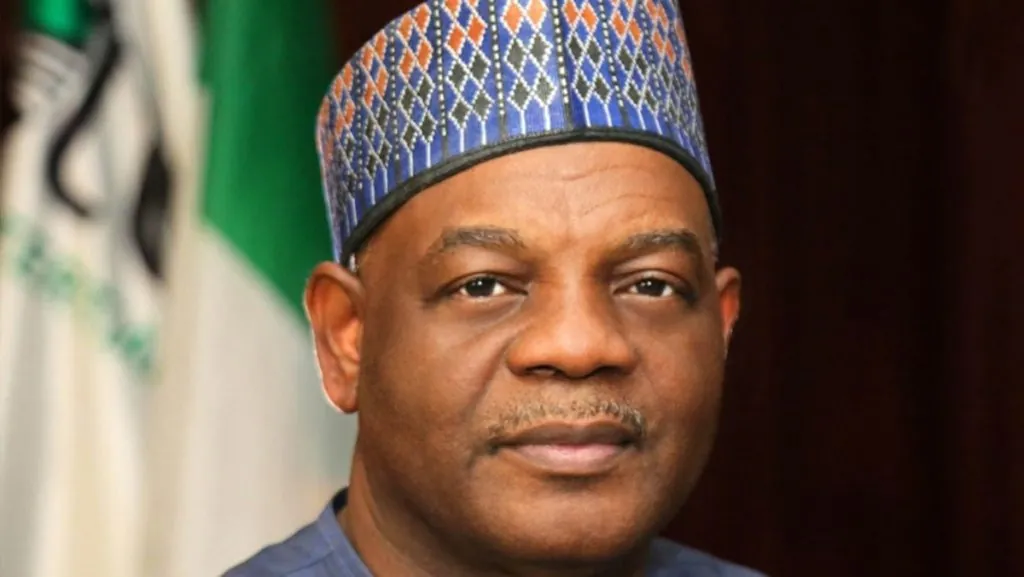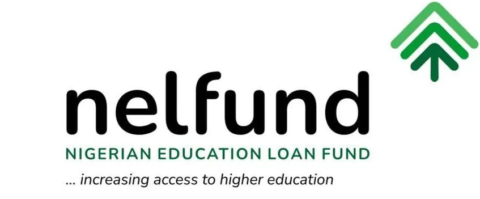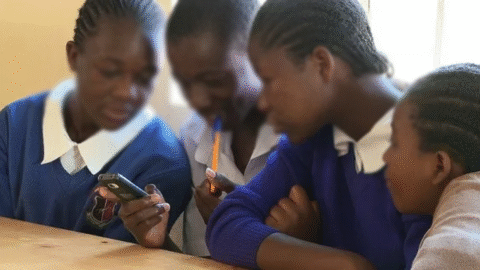The Executive Secretary of the Tertiary Education Trust Fund (TETFund), Sonny Echono, has raised serious concerns over the reluctance of some Nigerian tertiary institutions to fully embrace technology in their teaching, research, and administrative operations. He warned that the billions of naira already invested in digital infrastructure risk becoming a waste if not effectively utilized.
Speaking in Abuja during a two-day workshop on the adoption and use of the Blackboard/TERAS (Tertiary Education, Research, Applications and Services) platform, Echono stressed the urgency for universities, polytechnics, and colleges of education to transition to digital methods. The event was organized for registrars, bursars, directors of academic planning, ICT leads, and thesis repository managers from beneficiary institutions.
Echono lamented that despite TETFund’s early investments in platforms like TERAS, many institutions have failed to onboard or adapt, thereby trailing behind in ICT development. He underscored that given Nigeria’s expanding population and shortage of physical classrooms, technology presents the most practical means of widening access to quality education.
He pointed out that learning is no longer confined to traditional classrooms, as students can now access educational content and gain skills through digital devices. He emphasized that without embracing digital tools, the education sector cannot equip young Nigerians for future opportunities.
The TETFund boss criticized the slow pace of transition in some schools, noting that a number of institutions still submit hardcopy documents to TETFund despite being instructed to go fully digital. He also called out many institutions for having poorly maintained and outdated websites, insisting that regularly updated online platforms are essential in today’s digital era.
Reflecting on the successful educational broadcasts during the COVID-19 lockdown, which contributed to one of Nigeria’s best WAEC results, Echono highlighted the transformative potential of technology in education. Yet, he expressed dismay over Nigeria’s current ranking—189th globally and 25th in Africa—in education competitiveness, behind countries like Rwanda and Mauritius that have embraced ICT-driven reforms.
He cautioned that if the existing digital infrastructure remains underutilized, it would represent a colossal waste. He urged school heads to lead efforts in driving adoption of platforms like TERAS and revealed that, going forward, over half of TETFund’s education spending would be directed toward ICT rather than physical infrastructure.
Echono linked Nigeria’s broader developmental challenges to the nation’s inability to harness technology in sectors such as oil, agriculture, and manufacturing. He cited China as a model of how investing in knowledge and innovation can drive national transformation, asserting that Nigeria can follow suit by beginning with its education system.
He called on institutions to populate their websites with relevant academic content and ensure that both students and staff are effectively onboarded onto the TERAS platform.
Meanwhile, TETFund’s Director of ICT, Joseph Odo, explained that the workshop’s interactive sessions were aimed at improving understanding of the fund’s digital tools and enhancing cooperation among beneficiary institutions. He noted that these sessions, which will be held across Nigeria’s six geopolitical zones, are designed to help institutions fully utilize the platforms funded by TETFund to improve data-driven planning, academic delivery, and learning outcomes.
Odo added that TERAS is evolving into a comprehensive educational ecosystem that supports students, lecturers, school administrators, and policymakers alike.





